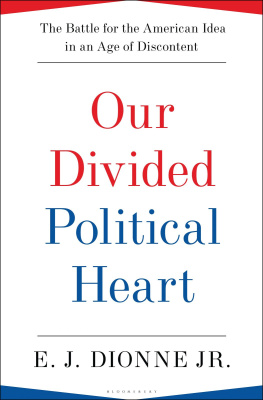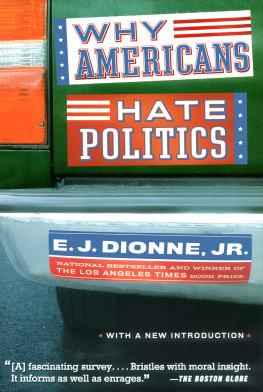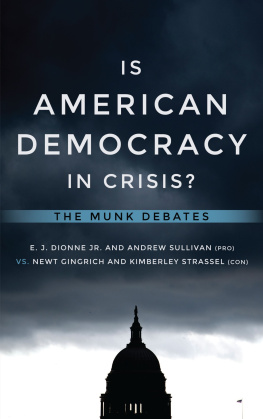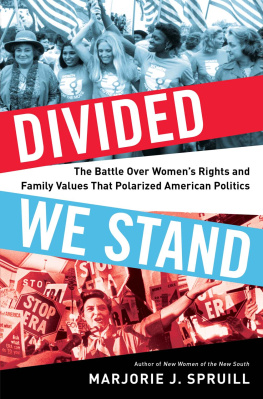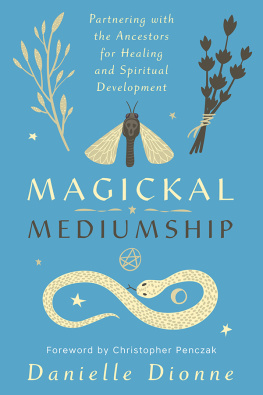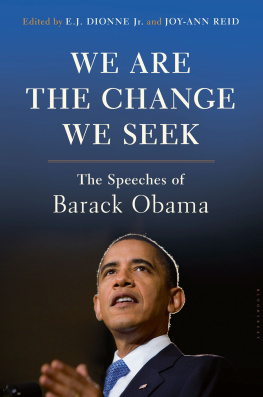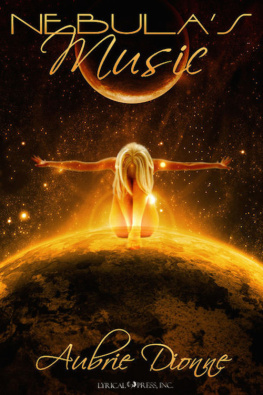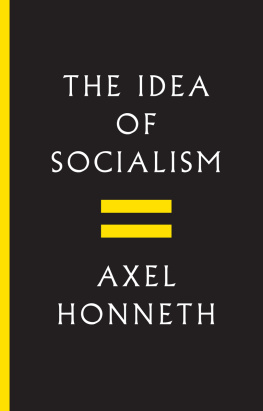E.J. Dionne - Our Divided Political Heart: The Battle for the American Idea in an Age of Discontent
Here you can read online E.J. Dionne - Our Divided Political Heart: The Battle for the American Idea in an Age of Discontent full text of the book (entire story) in english for free. Download pdf and epub, get meaning, cover and reviews about this ebook. year: 2013, publisher: Bloomsbury Publishing, genre: Politics. Description of the work, (preface) as well as reviews are available. Best literature library LitArk.com created for fans of good reading and offers a wide selection of genres:
Romance novel
Science fiction
Adventure
Detective
Science
History
Home and family
Prose
Art
Politics
Computer
Non-fiction
Religion
Business
Children
Humor
Choose a favorite category and find really read worthwhile books. Enjoy immersion in the world of imagination, feel the emotions of the characters or learn something new for yourself, make an fascinating discovery.
Our Divided Political Heart: The Battle for the American Idea in an Age of Discontent: summary, description and annotation
We offer to read an annotation, description, summary or preface (depends on what the author of the book "Our Divided Political Heart: The Battle for the American Idea in an Age of Discontent" wrote himself). If you haven't found the necessary information about the book — write in the comments, we will try to find it.
Our Divided Political Heart: The Battle for the American Idea in an Age of Discontent — read online for free the complete book (whole text) full work
Below is the text of the book, divided by pages. System saving the place of the last page read, allows you to conveniently read the book "Our Divided Political Heart: The Battle for the American Idea in an Age of Discontent" online for free, without having to search again every time where you left off. Put a bookmark, and you can go to the page where you finished reading at any time.
Font size:
Interval:
Bookmark:

Introduction
Who We Are:
Liberty, Community, and the American Character
PART ONE
Why Are We Yelling at Each Other?
Chapter I
Two Cups of Tea:
The Tea Party in History and on History
Chapter II
The Politics of History:
Why the Past Can Never Escape the Present
Chapter III
Lessons from the Humble Penny:
The Striver, the Seeker, the Puritan, and the Patriot
Chapter IV
Reinventing American Liberalism:
Why the Left Embraced Community
Chapter V
From Tradition to Revolt:
How Conservatives Left Community Behind
PART TWO
What History Teaches Us
Chapter VI
One Nation, Conceived in Argument:
The Revolution, the Constitution, and the Origins of the American Debate
Chapter VII
The American System:
How Strong Government, Strong Individuals, and Strong Communities
Have Supported Each Other
Chapter VIII
Whats the Matter with Populism?:
Why Everybody Loves It, Except When They Dont
Chapter IX
The Long Consensus and Its Achievements:
The Quest for Balance from the Progressive Era to the Reagan Era
PART THREE
Recovering Our Balance, Restoring Our Greatness
Chapter X
The New American System:
Building a Community of Freedom
For all of my teachers, including Jim Garman, Norm Hess, the Rev. Damian Kearney, Bill Schneider, Gary Orren, Nathan Glazer, Steven Lukes, Michael Hill, Michael Walzer, David Riesman, Sam Popkin, Martin Shefter, Marty Peretz, Kate Auspitz, Seymour Martin Lipset, Bob Meister, Doris Kearns Goodwin, Barbara Herman, Rick Weil, Shelly Binn, and Bill Kovach.
And, again, for Mary, James, Julia, and Margot, my Beloved Community.
Who We Are
Liberty, Community, and the American Character
Fear of decline is one of the oldest American impulses. It speaks, oddly, to our confidence that we occupy a lofty position in history and among nations: we always assume we are in a place from which we can decline. Its why there is a vast literature on American exceptionalism and why we think of ourselves as a city on a hill, the first new nation, a beacon to the world, and a light among nations.
When they arise, our declinist sentiments usually have specific sources in economic or foreign policy travails. These apprehensions quickly lead to bouts of soul-searching that go beyond concrete problems to abstract and even spiritual worries about the nations values and moral purposes. When we feel we are in decline, we sense that we have lost our balance. We argue about what history teaches usand usually disagree about what history actually says. We conclude that behind every crisis related to economics and the global distribution of power lurks a crisis of the soul.
Because of this, gifted politicians from Franklin Roosevelt and John Kennedy to Ronald Reagan and Barack Obama have been able to transform national anxieties into narratives of hope: The only thing we have to fear is fear itself. Get the country moving again. Lets make America great again. Change we can believe in.
A yearning to reverse decline played just below the surface in Obamas campaign in 2008. His victory was a response to a national mood conditioned by anxiety. By the end of George W. Bushs second term, Americans worried that in the first decade of the new millennium, their country had squandered its international advantages, degraded its power with a long and unnecessary engagement in Iraq, and wrecked the federal governments finances. Then came the devastation of the worst financial crisis in eighty years. This was happening as not just China but also India and Brazil were widely seen as challenging American preeminence.
Obamas 2008 campaign was well calibrated to respond to the nations longing for reassurance. Consider the emphasis in his posters featuring the Hope and Change we can believe in slogans. Whether by design or luck, the words hope and believe were pointed responses to a spiritual crisis engendered by fears of lost supremacy. They help explain why the Obama campaign so often felt like a religious crusade.
Still, the election of a young, bold, and uplifting president so different in background from all of our earlier leadersand so different in temperament from his immediate predecessorwas not an elixir. Obama alone could not instantly cure what ailed us or heal all of our wounds. The difficulty in producing a sustainable economic upturn (even if the hopes for a miraculous recovery were always unrealistic) only deepened the nations sense that something was badly wrong. Obama himself could not fully grasp the opportunity the sense of crisis presented, and he failed, particularly in the first part of his term, to understand how the depth of the nations political polarization would inevitably foil his pledge to bring the country together across the lines of party and ideology. The same fears of decline that bolstered his 2008 campaign quickly gave force to a rebellion on the right that looked back to the nations Revolutionary origins in calling itself the Tea Party. Embracing the Tea Party, Republicans swept to victory in the 2010 elections, seizing control of the House and expanding their blocking power in the Senate. Whatever Obama was for, whatever he undertook, whatever he proposedall of it was seen as undermining traditional American liberties and moving the country toward some illdefined socialism. Whatever else they did, Republicans would make sure they prevented Obama from accomplishing anything more. Over and over, they vowed to make him a one-term president. The result was an ugliness in Washington typified by the debilitating debt ceiling fight in the summer of 2011. It fed a worldwide sense that the United States could no longer govern itself.
Late in Obamas term, the Occupy Wall Street movement rose up in rebellion against abuses in the financial world that had caused the meltdown. The new wave of protest focused the countrys attention on the extent to which the nations economic gains over the previous three decades had been concentrated among the very wealthiest Americansthe top 1 percent of earners, and especially the top sliver of that 1 percent. Decline was not simply an abstract fear; many Americans sensed its effects in their own lives.
This book is an effort to make sense of our current political unhappiness, to offer an explanation for why divisions in our politics run so deep, and to reflect on why we are arguing so much about our nations history and what it means.
I believe that Americans are more frustrated with politics and with ourselves than we have to be, more fearful of national decline than our actual position in the world or our difficulties would justify, and less confident than our history suggests we should be. The American past provides us with the resources we need to move beyond a lost decade and the anger that seems to engulf us all. But Americans are right to sense that the country confronts a time of decision. We are right to feel that that the old ways of compromise have become irrelevant to the way we govern ourselves now. We are right to feel that traditional paths to upward mobility have been blocked, that inequalities have grown, and that the old social contractwritten in the wake of World War II and based on shared prosperityhas been torn up. Musty bromides about centrism and moderation will do nothing to quell our anxieties and our fears.
At moments of this sort, bookshelves and reading devices quickly fill with political cookbooks and repair kits. They offer recipes for national renewal and carefully wrought step-by-step suggestions for national renovation. Many of these offerings are thoughtful and well conceived. But our current unease arises less from a shortage of specific plans or programs than from a sense that our political system is so obstructed and so polarized that even good ideas commanding broad support have little chance of prevailing. We dont have constructive debate because we cannot agree on the facts or on any common ground defined by shared moral commitments.
Font size:
Interval:
Bookmark:
Similar books «Our Divided Political Heart: The Battle for the American Idea in an Age of Discontent»
Look at similar books to Our Divided Political Heart: The Battle for the American Idea in an Age of Discontent. We have selected literature similar in name and meaning in the hope of providing readers with more options to find new, interesting, not yet read works.
Discussion, reviews of the book Our Divided Political Heart: The Battle for the American Idea in an Age of Discontent and just readers' own opinions. Leave your comments, write what you think about the work, its meaning or the main characters. Specify what exactly you liked and what you didn't like, and why you think so.

